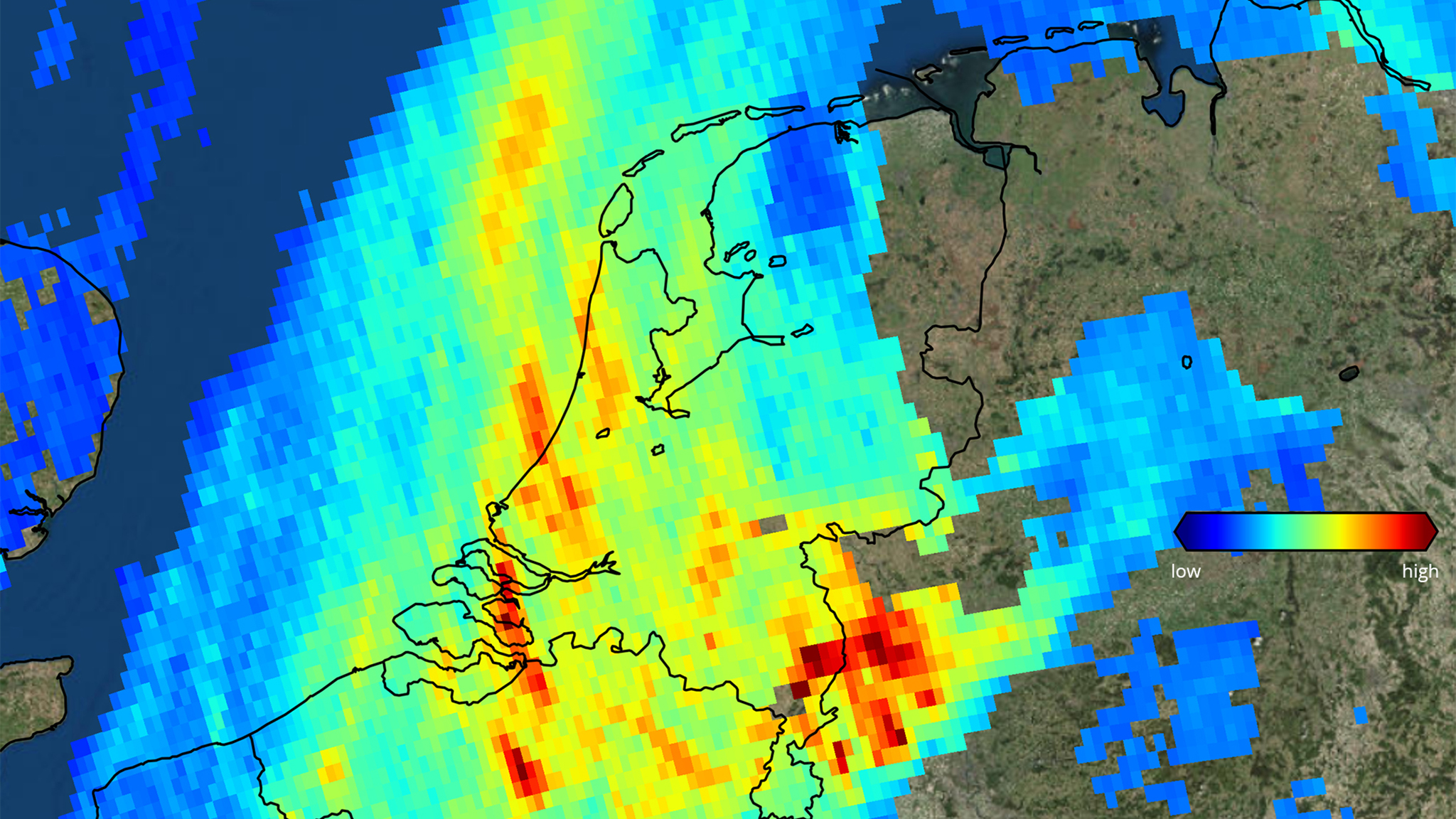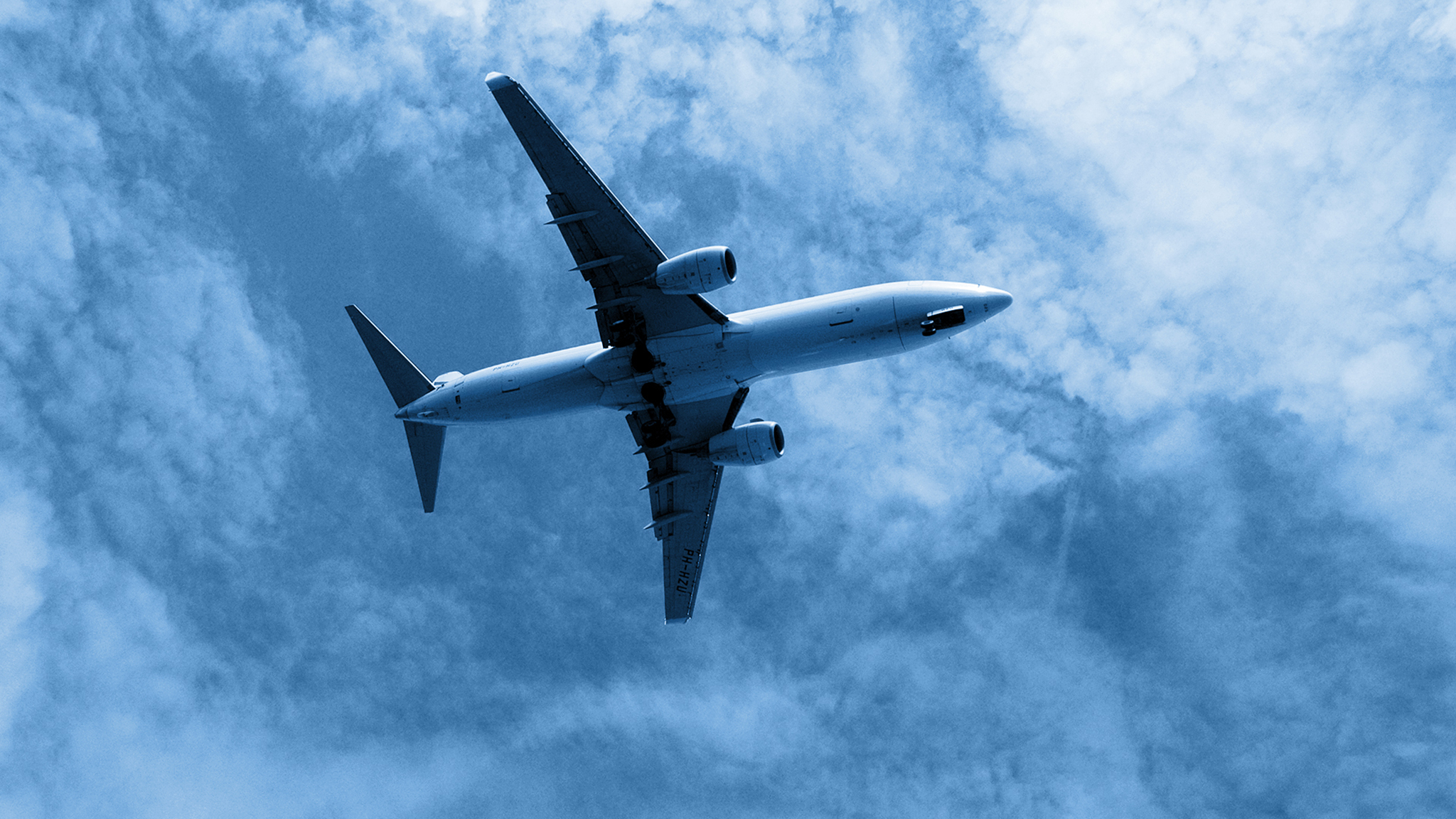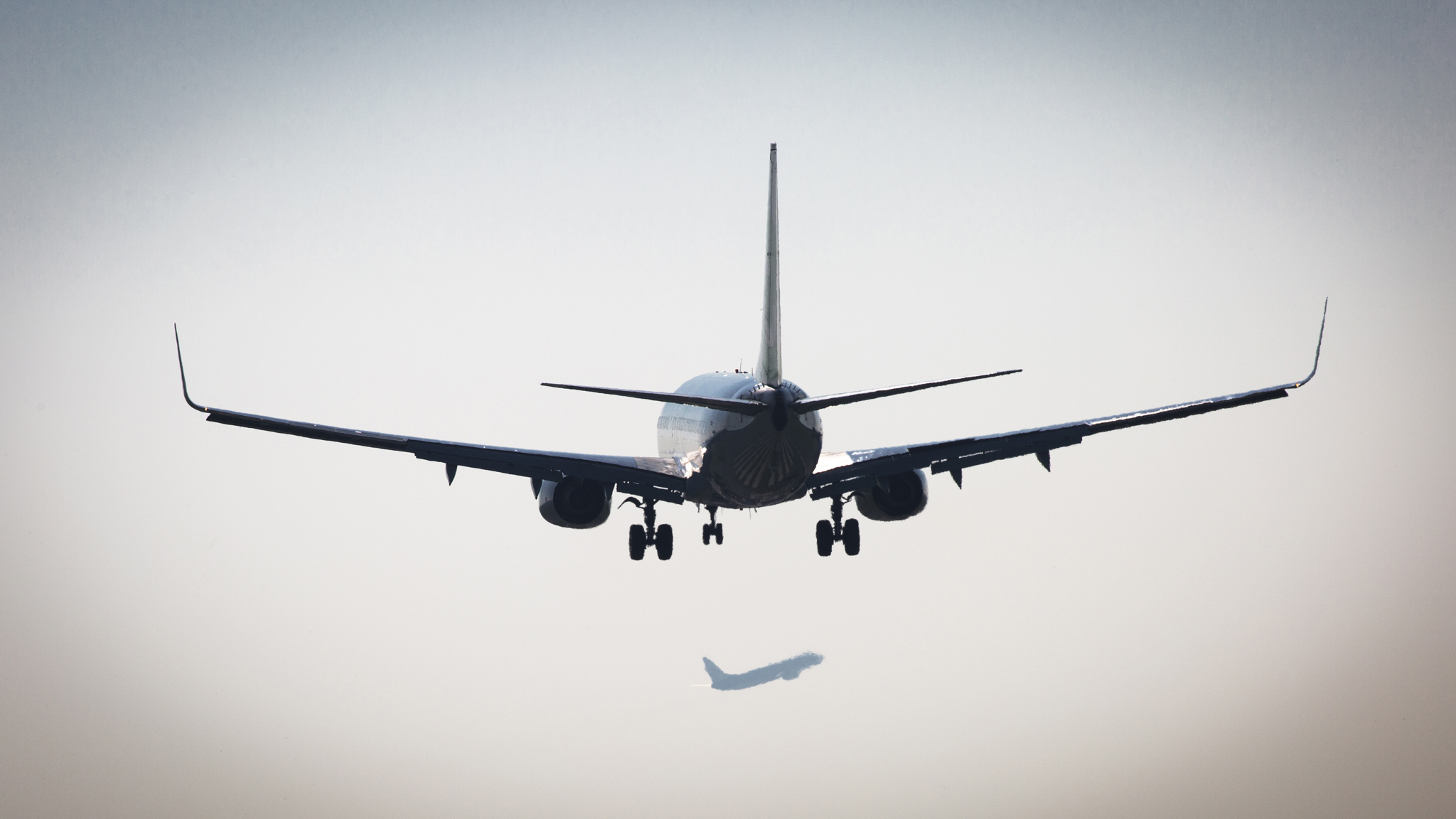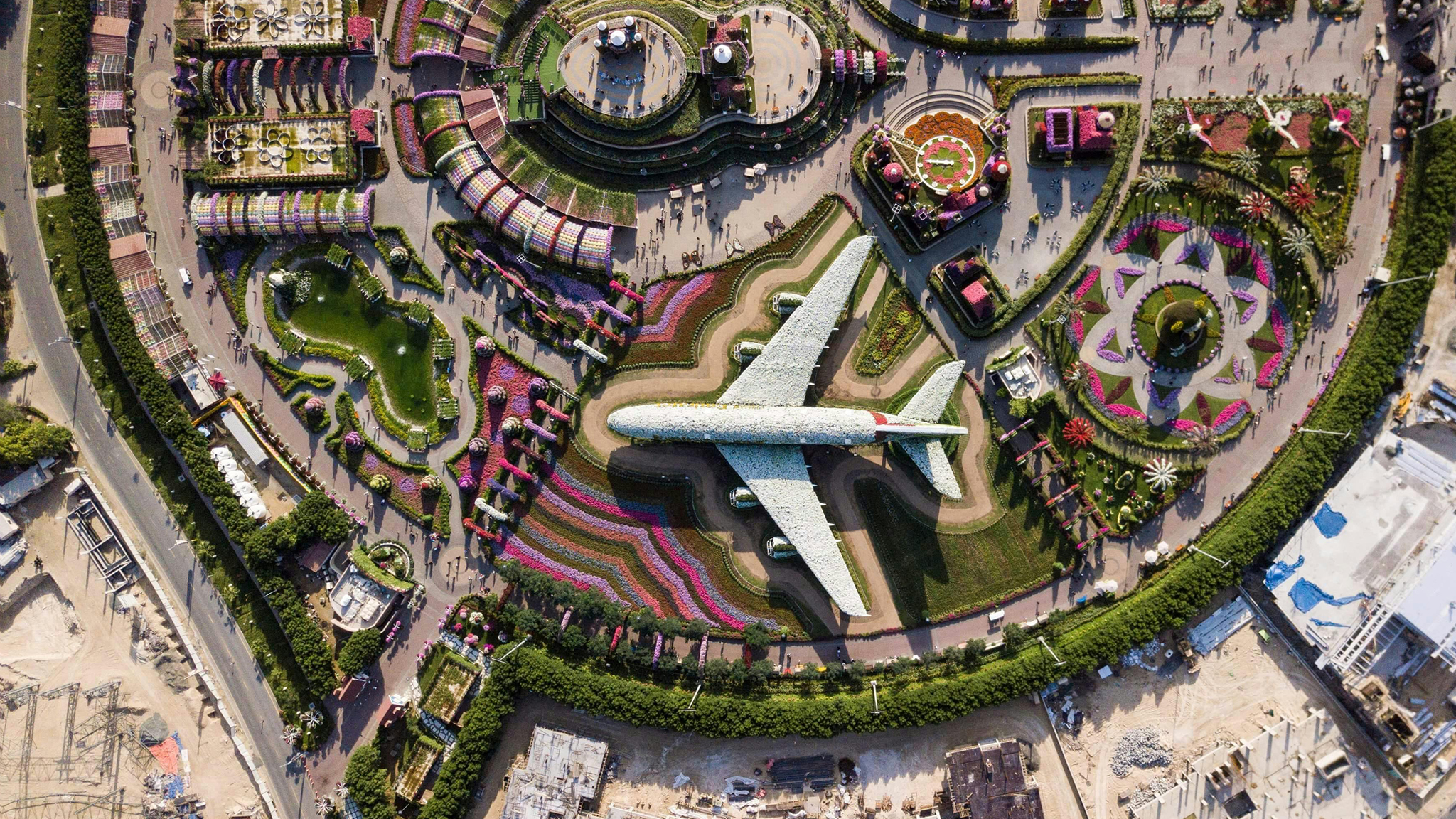Space travel is beyond its romantic stage
Ask anyone what they think of when they think of space travel and the answers will be about things like astronauts, André Kuipers and distant planets. However, that picture does very limited justice to the broad Dutch expertise that is decisive for pursuing reasoned climate policy, maintaining our strategic autonomy and security, independent European access to space and protecting our data. In short: our daily life and work, now and in the future.
Effective climate and air quality policies require up-to-date insights into what is really happening with drought, nitrogen and global warming. Without this information it will be impossible to know whether we are and remain on track to meet climate targets. The Dutch space sector monitors the state of affairs in real time from space and can thus inform us about what is happening on Earth right now. And that’s not all: the sector already has plans in place for successors to Tropomi.
If the Netherlands does not commit to a strong sector, it makes us dependent on data from Russia, China & the United States. This dependence can then trickle down to political dependence and seriously weaken our Dutch and European strategic autonomy and direct military applications. Despite recent additional funding in defence. Having our own role means having our own data that we can also use for cooperation with other countries. This makes the Netherlands more comfortable at international negotiating tables and feels safer for our citizens.
Space also plays an important role in protecting our data, for instance to enable reliable and secure communication. The Netherlands is digitalising and building and relying on data. This applies to services from the government, as well as payment traffic, data traffic and sensitive information. So much vulnerable data brings cybersecurity risks. It is important that all our data is secure, through infrastructure that we control and have influence over.
Political strength is required
Currently, the Netherlands is not investing at a level where we can play a significant role. Based on gross national product (GNP), the Netherlands now contributes well below par to ESA’s European space budget. For the Netherlands, the investment should be over €400 million. This is money that goes directly to security, strategic autonomy and climate and pays for itself threefold in our economy. Other countries recognise this and are capitalising on this opportunity. France and Italy, for instance, actually invested heavily in space in corona time. Countries like Belgium and Luxembourg do the same. In the coming weeks, Minister Adriaansens of Economic Affairs and Climate will present the Dutch commitment to the upcoming ESA conference. The industry urges the government to turn the ambitious words from the coalition agreement and the new green industry policy into action, invest in this sector and in our strategic autonomy. It does not take rocket science to figure out what the right decision is. The Netherlands needs to think big and far and act accordingly. The launch pad is in place.
Jeroen Rotteveel – Chairman SpaceNed
Meindert Stolk – Deputy Economy and Innovation province of South Holland
Rob Postma – CEO Airbus Defence and Space Netherlands
Arnaud de Jong – Managing Director TNO
Henri Werij – Dean of the Faculty of Aerospace Engineering at TU Delft
Michel Peters – CEO Royal NLR
Explanation of the header photo: representation of a Tropomi measurement of nitrogen dioxide (NO2) in the atmosphere over the Netherlands.



